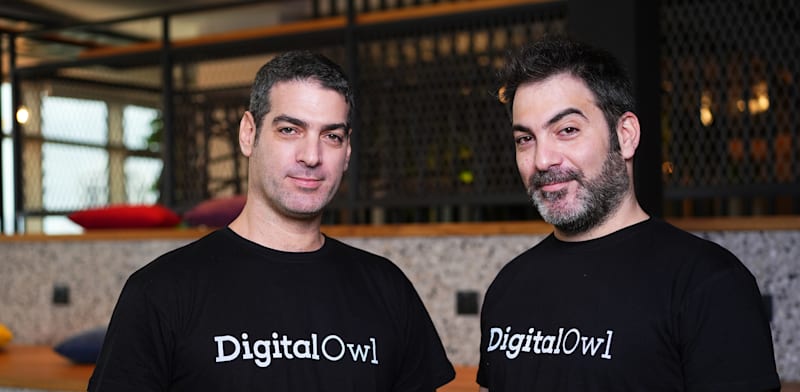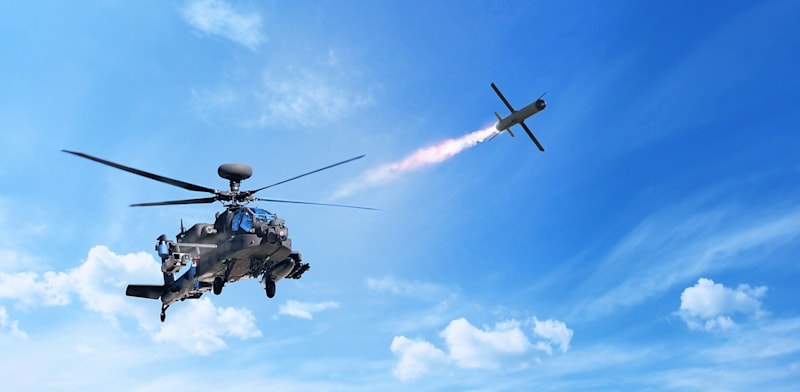DigitalOwl, which has developed technology for reading and analyzing medical information to support decisions by insurance companies and lawyers in medical cases, is being acquired by US-based medical data platform company Datavant. Market estimates put the acquisition price at at least $200 million.
The capital that DigitalOwl has raised to date is in the tens of millions of dollars. Among the investors in the company are Prof. Amnon Shashua, founder of Mobileye and today an investor and leader in several artificial intelligence companies; insurance company Menora Mivtachim, which was one of DigitalOwl’s first customers; and the Ibex, Insight Partners, and Fusion VC venture capital firms.
DigitalOwl employs fifty people at its development center in Israel. The center is expected to remain in Israel, and may even be expanded following the acquisition.
A computer can do it
DigitalOwl was founded in 2017 by brothers Yuval Man (CEO) and Amit Man (CTO). Talking to “Globes,” Yuval Man said, “I was originally a lawyer specializing in torts. In conversation with my brother, I told him about my work, and he said, ‘Let’s see if a computer can do it.’ At first, I was insulted. After all, I studied for five years in order to be able to read and understand medical reports and translate them into information that could be important for lawsuits in that field. But when I went back to work on the Sunday and on the following days, and examined it through Amit’s eyes, I realized – a computer could do it.”
Amit Man studied for his second degree with Shashua, and worked at one of his companies. When DigitalOwl was founded, Shashua was one of its first investors.
DigitalOwl was founded before generative AI became publicly available, and the company developed its artificial intelligence models by itself. In the beginning, it trained them to summarize medical records, and, in the following year to two years, to derive insights from them.
“We started with the original idea and worked with lawyers, but selling to lawyers is difficult, because there are many of them, and they are all over. We realized that on the other side of the table was a huge customer – the insurance company.”
When DigitalOwl began to market its product to the insurance companies, the idea arose that it was suitable not just for managing claims, but also for making underwriting decisions in life insurance, on the basis of the information in the medical records.
One plus one are five
The buyer is Datavant, which deals in making medical information accessible. For example, Man explains, if an insurance company asks for full medical records (with the customer’s consent), Datavant provides the company a service whereby it gathers the information by technological means from all the relevant medical entities, and presents it in a form in which the company’s systems can read it. “They are leaders in information retrieval, and we are leaders in summarizing and analyzing the information,” Man says. “This is the first time in which there will be a company in the US that offers both services together.”
Datavant was founded in 2017. In 2021, it merged with medical information management company Croix, in a deal valued at $7 billion. Since then, the company has made several strategic acquisitions. In July 2025, Business Insider rated it as one of the most interesting companies for a flotation in the coming year.
The connection between the two companies was made by Datavant. “The truth is that when they approached us, I didn’t fully understand the scale of the event,” Man says. “They are a company that has operated relatively quietly in the market, behind the scenes. When they started talking about cooperation, it became clear that one plus one made five.”
Unique status in the market
Today, life insurance companies are the main sector with which DigitalOwl works, and most of the leading companies in that sector are its customers. It also collaborates with RGA (Reinsurance Group of America), which formulates the underwriting rules. The two companies work together on formulating these rules, which gives DigitalOwl a unique status in the market. RGA was also an investor in DigitalOwl’s last fund-raising round, which closed a year ago at $12 million.
Another sector is accident insurance, for example when an insurance company seeks to know when it would be reasonable for someone injured in an accident to return to work. A third sector is law firms – which means the company is realizing the idea out of which it was born.
DigitalOwl operates mainly in the US. In Israel, its products are distributed by Eran Mor.
DigitalOwl has developed three technologies. The first is analysis of medical documents in order to understand what actually happened to the patient. The second is a medical database, which assists in reading the records, containing, for example, every possible name for high blood pressure, as Man explained to us in the past. The third technology is generative AI, which assists in writing a summary of the medical records.
“Some of the simplest decisions are made semi-automatically,” says Man, “but more complicated decisions require, and will probably always require, a human eye. Transparency is important if you want to support a decision legally. It’s important that the system should not fall into biases that we don’t want as a society, such as decisions on the basis of race, sex, where people live, and so forth.
“Our algorithm is very transparent, and, in respect of every insight, the user can tap on a link and see where exactly the relevant information is to be found in the medical records, and what the thought process of the machine was. In our view, that’s a significant advantage over our competitors.”
Published by Globes, Israel business news – en.globes.co.il – on September 25, 2025.
© Copyright of Globes Publisher Itonut (1983) Ltd., 2025.


























